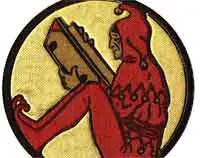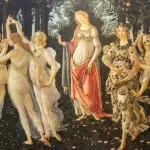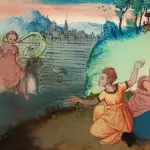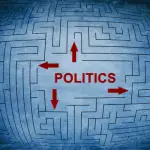 What does DDT stand for?
What does DDT stand for?
DDT or dichlorodiphenyltrichloroethane is a type of synthetic pesticide which works by attacking the nerves of pests. Credit for its use as an effective pesticide goes to Paul Muller, a Swiss scientist who got a Nobel Prize in 1948 for this particular discovery.
DDT as a pesticide became widely known across the globe after World War II. It was said to be very effective in malaria-carrying mosquitoes and typhus-carrying lice. Aside from this benefit to people, DDT was also used as an insecticide for the agriculture industry in the 1950s to 1980s. Global production is estimated at almost 2 million tons since the 1940s.
Its effect on malaria-carrying mosquitoes was maximized during the 1940s and 1950s with support from the World Health Organization. Programs to eradicate malaria used DDT as the main pesticide. It has proven to be effective in the fight against malaria and the WHO program of using DDT became successful in many countries around the globe. But based on studies later, it was found out that DDT was effective only in “richer” countries where the health care system is good. In “poorer” countries, especially those that have warmer or tropical climates, DDT was not as effective in fighting malaria. Many report that this is due to the poorer living conditions and the continuous life cycle of malaria-carrying mosquitoes.
But after many years of success in the early 1940s, studies have shown that DDT is not all that good. By the late 1940s, it was discovered that animals are not able to metabolize this particular pesticide rapidly. This would mean a build up of DDT on the animal bodies for prolonged periods of time. With many concerns raised of its ill-effects on humans and animals, DDT was banned by the year 1973 across the US. Another concern is that DDT has the tendency to copy the functions of existing hormones in the body. This action will result to complications and hormonal imbalances which is definitely not a positive effect for humans and/or animals.










Leave a Reply